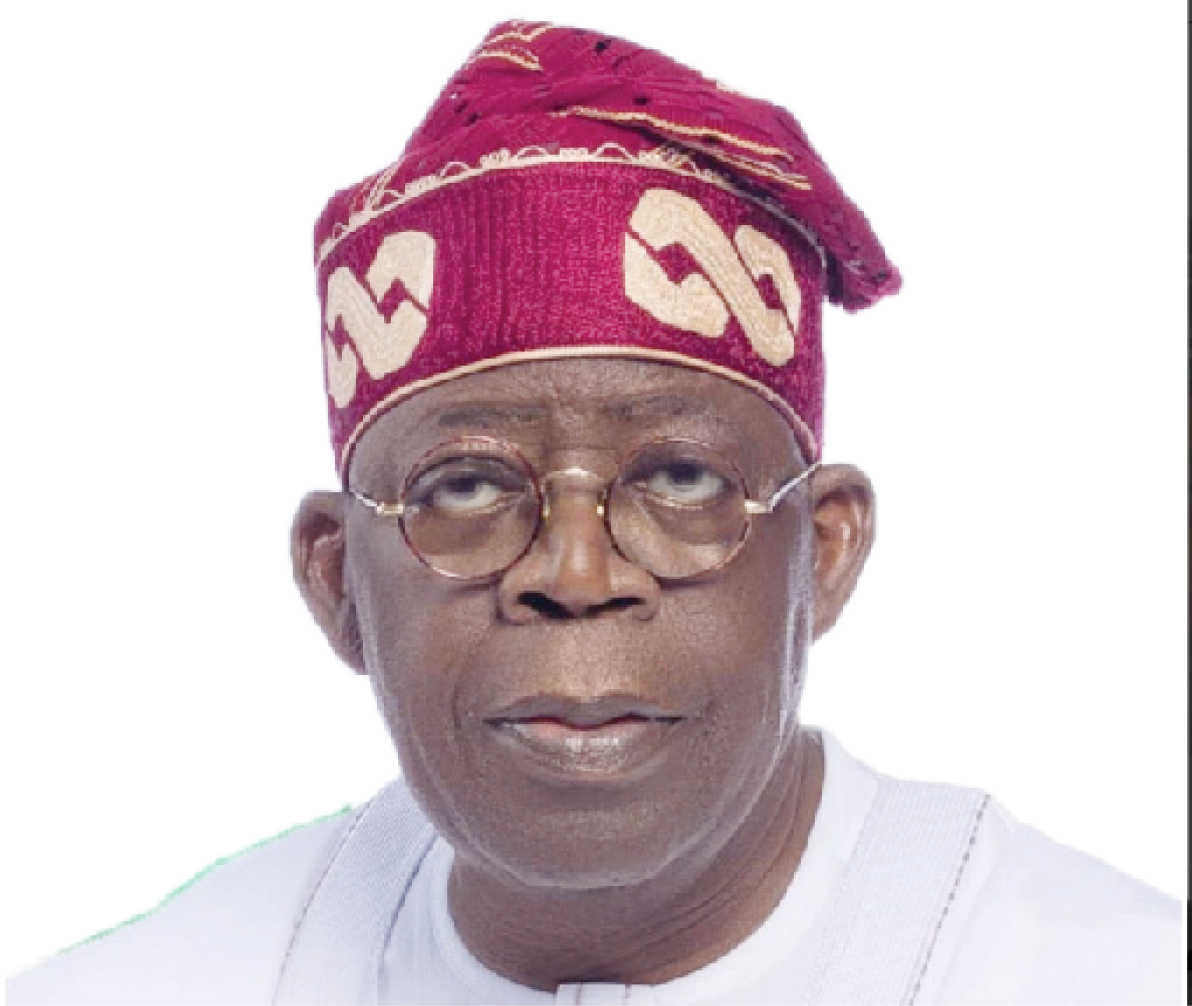In a sign that government is often the ‘invisible hand’ behind market forces in an economy, the downstream sector of Nigeria’s petroleum industry changed drastically barely hours after President Bola Ahmed Tinubu declared in his inauguration speech last Monday, 29th May 2023, that “fuel subsidy is gone”.
By Tuesday afternoon, fuel prices rose steeply by over 300% to sell between N500-N700 per litre across many cities, from between N195-N230 per litre of the previous few days. While the government has insisted there is no going back on subsidy removal and that it is “considering” a review of the minimum wage, organized labour, through the Nigeria Labour Congress (NLC) called for a strike action to commence this Wednesday.
This is the latest episode in an epic story of fuel subsidy in Nigeria since 1973. Given our tortuous history with fuel subsidy and its removal over the past 50 years, it is difficult to say how this issue will unfold at this point. But at Daily Trust, our concerns right now are three.
First, we are not overly opposed to any purposeful and sincere reform of the fuel subsidy regime. As a study released last month by the professional services firm, PricewaterhouseCoopers (PwC) makes clear, Nigeria’s fuel subsidy regime distorts the economy, entrenches corruption and criminality in the downstream petroleum sector, while discouraging new investments and growth. Most important, the huge costs of financing the subsidy annually have become unbearable and outrightly unsustainable. On this much, there is a near consensus in the country among most stakeholders.
- Unity schools: FG bans underage from taking common entrance exams
- How River Kaduna denies girls access to higher education
But across all of these, it is the poorest Nigerians who are most harmed, not helped, by the current subsidy regime. Kerosine, which is the fuel most used by the poorest Nigerians daily, has already been long subsidized. Also, while the federal government has spent some N11.5 trillion on fuel subsidy over the past 9 years, more than the combined federal budgets for education and health during the same period, the poorest 40% of Nigerians consume only 3% of the fuel subsidized, meaning, clearly, that the benefits of subsidy go mainly to the better-off and the well-off, not the poor.
This is not surprising. As development economists have long known, the benefits of many economic policies designed to help the poor are often trapped and captured by the middle class or the rich, not the poor for whom the policies were intended. There is, therefore, a solid argument to be made for a complete reform of the fuel subsidy policy. In our view, then, the only question worth asking on fuel subsidy is how do we remove it with the least pain but also with the greatest benefits to the poorest among us?
That too is a question of policy, which the government has yet no answers. The Tinubu administration must commit to clearly identified, costed and faithfully implemented policy, or a set of policies, that at once ameliorates the negative impacts of subsidy removal and also accentuates its benefits for the poorest Nigerians.
In other words, President Tinubu and his government must inform Nigerians what they intend to do with the savings from subsidy withdrawal, how those savings will benefit Nigerians, especially the poor, and above all, what ameliorative mechanisms they will put in place to cushion the effects in the short to medium terms. Merely saying “subsidy is gone” does not make sound policy. The poorest Nigerians may consume only a little fuel directly, but fuel subsidies still have direct and indirect positive impacts on their daily lives that no government—or expert—can ignore.
As the government rather sudden and abrupt announcement has shown, petrol prices directly have an inflationary influence on the prices of everything else in Nigeria, from transportation costs, to the prices of food items, medicines, school fees, house rents, and many more besides. All of these affect the poor directly in Nigeria, regardless of how much fuel they consume themselves or not.
Third, we are concerned that the government has also not addressed some of the fundamental problems in the sector, among them the collapse of local refining capacity, endemic corruption in the sector and a poor transport infrastructure in the country. If the government’s sole motivation is to solve one of Nigeria’s most enduring—not to say embarrassing—problems, then it must also have a clear timeline for getting all four of our refineries back on track before the end of the year. This will have modest impacts on prices, but will help to expand local content and full utilization of this most problematic natural resource in other areas like fertilizers, chemicals, and so on.
For now, however, the federal government must tell Nigerians how subsidy removal will benefit them and what measures it will take to cushion the immediate effects of the removal on the poorest among us. This much the government must do at once.
And as the labour union plans to embark on strike on Wednesday, it should ensure that it is done in a peaceful manner across the country, while keeping its doors open to further talks/ negotiations on this matter. Both parties must understand that constructive dialogue is the way out on this issue.

 Join Daily Trust WhatsApp Community For Quick Access To News and Happenings Around You.
Join Daily Trust WhatsApp Community For Quick Access To News and Happenings Around You.


